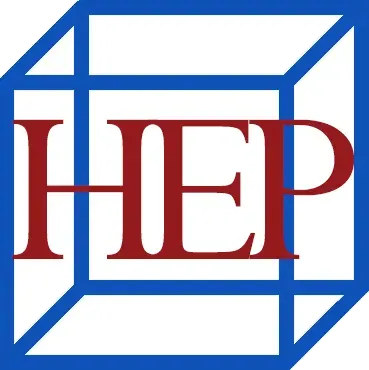1939 M.G. ‘Midget’ TB
£17.50
1939 M.G. ‘Midget’ TB (scroll down for a more detailed Description)
Published 1967 by © Hugh Evelyn Limited; drawn by George A. Oliver (1920-1990)
Size: c. 47.5 x 34.5 cm [18 ½″ x 13 ½″] – may vary slightly from printers’ cut 50 years ago
Printed on medium white cardstock weighing c. 147 g/sm2
Print is LARGE size – shipping is the same for 1 to 10 prints (based on largest print size in your order) – see Shipping & Returns.
In stock
Description
MG, the initials of Morris Garages, is an English automotive marque started as a side-line by W R Morris (later Lord Nuffield) the founder and owner of Morris Motors. Best known for its two-seat open sports cars, MG also produced saloons and coupés at its works at Abingdon, Oxfordshire. In 1936 they introduced the MGTA Midget. The MGTA originated the familiar T-Series design. It sported the famous radiator design, the swept wings, running boards, folding windscreen, and large accessible bonnet, a sports car with a foldable hood and side curtains. Just over 3,000 MGTA’s were produced. The Midget used many components of Morris origin and was not popular with the MG enthusiasts, soon overcome. In the summer of 1939, with war clouds gathering, MG announced the TB. It was essentially the same as the TA, but the TB had a new engine, a 1250cc, ohv, four-cylinder unit taken from the new Morris 10, and known as the XPAG engine. It had a stronger bottom-end, better valve timing and a better designed cylinder head. These design features combined to give a power output of 45bhp. The engine was backed up by a dry clutch and a better set of ratios than before with an improved synchromesh. This meant the little car looked promising, but the onset of war stopped production as MG had other, more important, tasks to carry out. After the War the TC, almost an identical derivative of the TA and TB, achieved great success with sales of over 10,000 units between 1945 and 1949.
Additional information
| Weight | 0.0241 kg |
|---|---|
| Dimensions | 47.5 × 34.5 cm |





